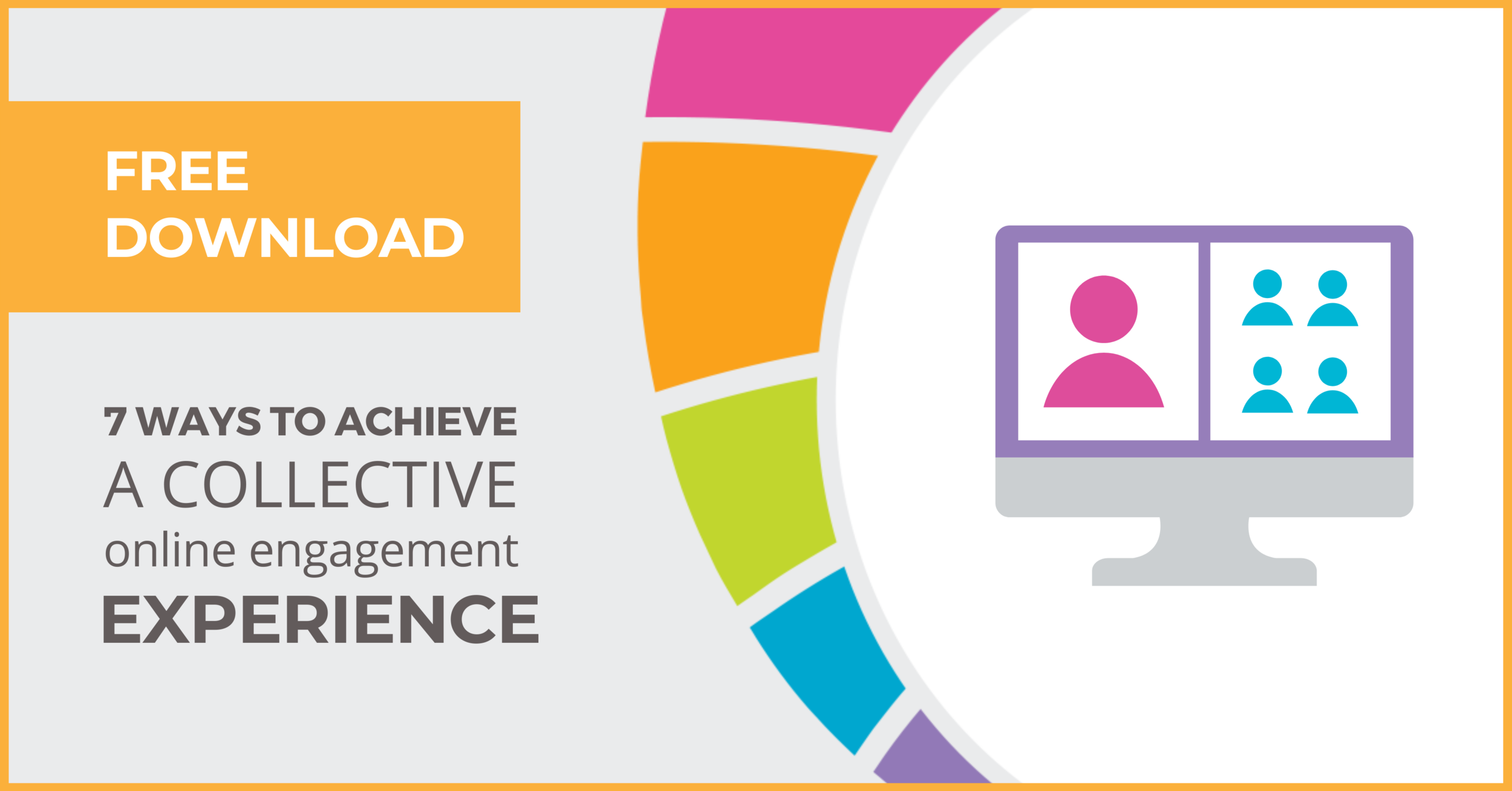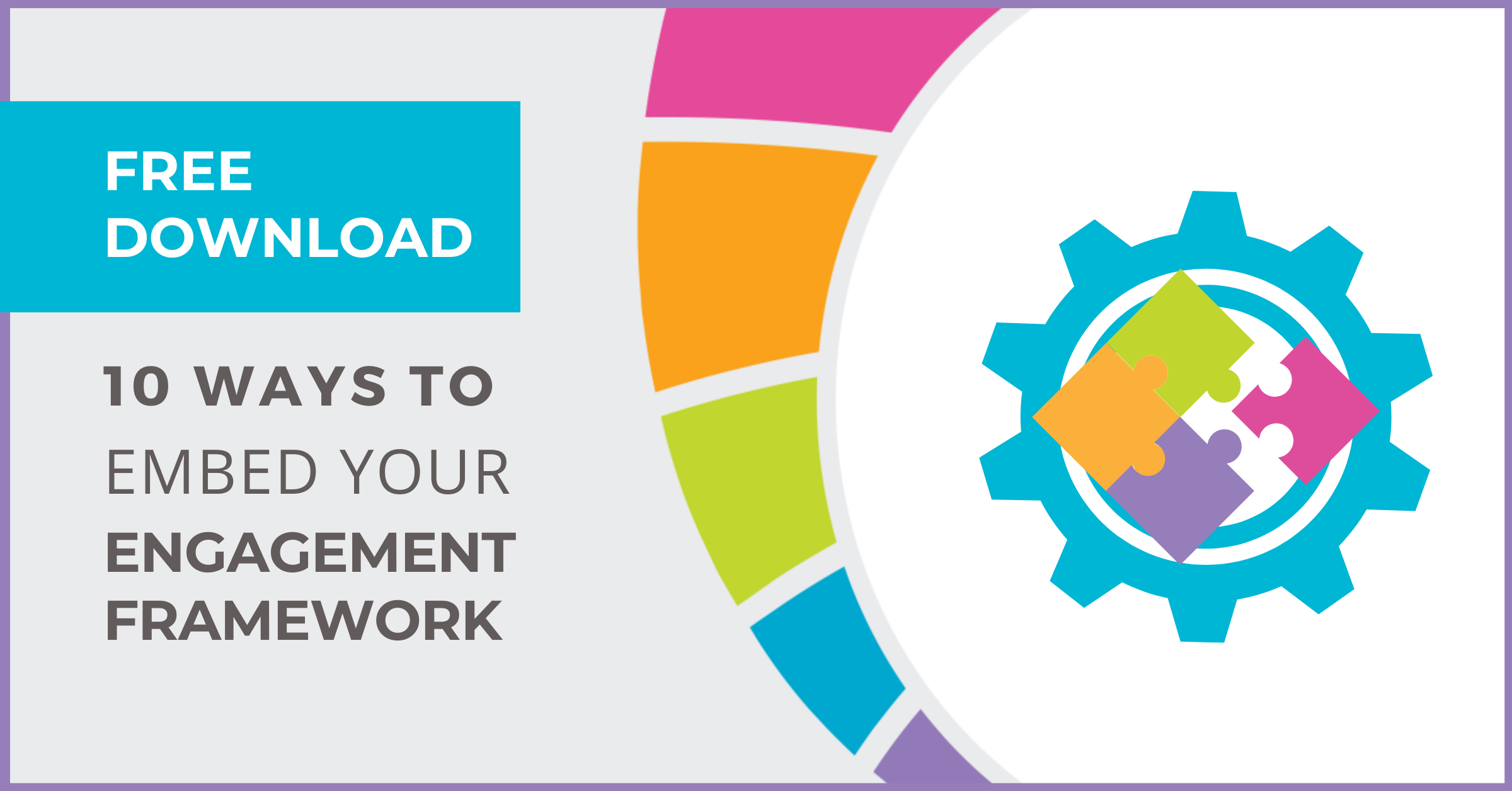FREE DOWNLOADS
WANT ALL THIS COOL STUFF?
Get every free resource on this page in one click. Subscribe to our monthly e-newsletter 'The Discussion' for access to our member-only section.
ALREADY A MEMBER?
Subscribers can access all these resources via our member-only free download section. Your password is provided in your subscriber welcome email.
NEW! DELIBERATIVE DEMOCRACY RESOURCE HUB
Free guides, downloads, videos, case studies and more - all shared to advance the practice of deliberative engagement.
What makes a process truly ‘deliberative’?
These principles of deliberative engagement are a great place to start. Use them to guide and evaluate the effectiveness your deliberative process.
Thinking about a deliberative engagement process?
Take the MosaicLab deliberation risk assessment test and determine if you're organisation or group is internally ready to leap into the world of deliberation.
Does deliberative democracy make a difference?
MosaicLab’s all-time deliberative democracy pre- and post-participant survey results from 2017 to 2022 have been analysed to reveal what impact this work has on people’s knowledge, their involvement in public affairs and their trust in the auspicing organisations who take this plunge.
MosaicLab’s all time deliberation data
As part of our commitment to ongoing evidence-based work, MosaicLab has been collecting and analysing our deliberation activities between 2017 and 2022. We have some pretty cool data to share!
Engaging with people that are highly emotional or resistant?
Download our 10 principles for precaution advocacy to assist you with preparing your community and helping them to ‘get ready’ for the next event.
Dealing with tight engagement timelines?
It’s not advisable to compromise your process by rushing it through. We’re exploring seven ways to review your engagement approach, hold tricky conversations with decision-makers and gain the internal buy-in you need to adjust or work around difficult deadlines.
Facing a problem that affects people separated by boundaries, borders, barriers or distance?
It is possible to have meaningful, cross-border conversations with impact. Here are six tips that you can apply to your next cross-border engagement process. Be brave, big things are possible!
Crucial first steps to facilitation planning
Effective facilitation requires proper planning, otherwise the canvas might be compromised before you get into the room. Download our free resource for the crucial first steps to facilitation planning and discover more about our Art of Facilitation online course. This is the third resource shared in our free MosaicLab Academy Taster Series.
Free tips for making hard conversations easier
Take a sensitive issue – add high risk, high emotion, bias and blinkered views. What do you have? A very challenging conversation! Download our free tips for navigating challenging conversations and discover new perspectives on conflict, outrage and risk. It’s a taster sample of our Facilitating Challenging Conversations self-directed online course.
At last! A free guide to simplify engagement planning
Seven simple steps to pain-free engagement planning. It’s a taster of our comprehensive, online engagement planning training course.
Ready to learn about brain biases and how they affect our decision making?
There are many ways our brains actively work to bias our thinking and therefore our decision making. This free download helps you to understand and address some of the most common biases we are hindered by. Enhance your own skills, or build the capacity of a team or group - learning how to identify and overcome these ‘blocks’ and assess information and weigh up data more thoroughly.
Insider insights: a new era for council deliberation
Learnings and game-changing ideas for the future of deliberative engagement have been shared by Local Government leaders and engagement experts.
Want to introduce critical thinking skills to a team or group?
A printable critical thinking 'starter kit' - an overview of key critical thinking skills and some questions that relate to each skill. Great for use as a prompt or handout when discussing critical thinking in group settings. These skills can be integrated into group decision making processes, or used in internal training/capacity building sessions.
Unsure how to engage during a crisis without appearing ‘tone-deaf?’
Facing community crises at any time is difficult. When there are ‘concurrent crises’ it makes it even more challenging and complex to respond and engage. Community members can feel disturbed, frightened or anxious. At the same time, organisations are also grappling with how to adjust, change and continue to move forward. Here’s 10 ways to engage effectively and sensitively through difficult times.
Overwhelmed by online engagement tool selection?
Selecting the right engagement approach is part art and part science. There is no ‘magic’ solution, and no one tool or method that is ‘best’ or ‘one size fits all’. Planning and preparation must happen first - well before we get to methods and tools. This guide steps you through what you need to consider in order to choose the right approach.
Seeking to support a collective, participatory online engagement experience?
Having shared experiences is one of the fundamental features of being part of a community. Here’s 7 ways to achieve this and ensure people really ‘hear each other’ online. These are skills that can be used in many contexts, from small, informal conversations right through to large, interactive public sessions.
Looking to bring new and diverse perspectives into your process?
Robust, effective engagement processes are as representative as possible, and processes are only representative if they include diverse views. There’s a range of reasons people might not participate - here's 9 ways to overcome them and include diverse voices.
Want to avoid decision maker disaster?
Don’t forget to engage one of your most critical stakeholder groups – decision makers. It’s a crucial and often challenging step in every engagement journey. Unfortunately, it’s also one of the top reasons processes fall over. We’ve prepared 8 top tips for engaging decision makers and avoiding decision maker ‘disaster’.
Worried about the ‘risks’ involved in transparency?
Transparency is key to effective engagement - but being open and honest can seem risky and ‘out of control’. Here's a guide that will help you embrace the rewards that come with being brave, understand the pitfalls of holding back and give you some transparency 'starting points' for your next project.
Want your engagement policy or framework to have real impact?
A high-level engagement strategy, policy or framework isn’t enough on its own. For quality engagement to be embedded across an organisation, implementation is key. Here’s 10 ways to help embed this document across your organisation and see it put into practice.
What information do I provide at what level of detail?
It's tricky getting the balance right and ensure you meet the needs of your participants. Here's 6 free tips that might help you to hit the information mark.
Working with or setting up an advisory committee?
Advisory committees – we love them and we hate them – and we can’t stop setting them up. They’re possibly the number one method of engagement in Australia. In this free resource we, we discuss 11 common advisory committee challenges and how to address them.
Think games and play are just for little people?
Meetings don’t need to be serious, boring, rigid or formal to have a purpose or achieve quality outcomes. Integrating games and play can really lift a group and transform the conversation. Here’s 6 common group issues that facilitated play can address.
Want your presentations to have more impact?
Download our key tips for using a very high-energy, fast-paced style of presenting known as Pecha Kucha.
Hoping to build prioritisation work into your next session?
Download MosaicLab's 35s activity guide and use it with a large group to prioritise a set of questions, ideas, options or a dataset. Instructions and template included for printing and using with your group.
How do you connect with groups considered ‘hard to reach’ online?
Often people we think are ‘beyond reach’ aren’t, and people who we label ‘hard to reach’ are simply waiting to be found. Regardless of whether your process is face-to-face or online (or both), these tips will help bring you back to core principles of good engagement. Ensure important perspectives and diverse voices are included in your next online (or offline) conversation.



























